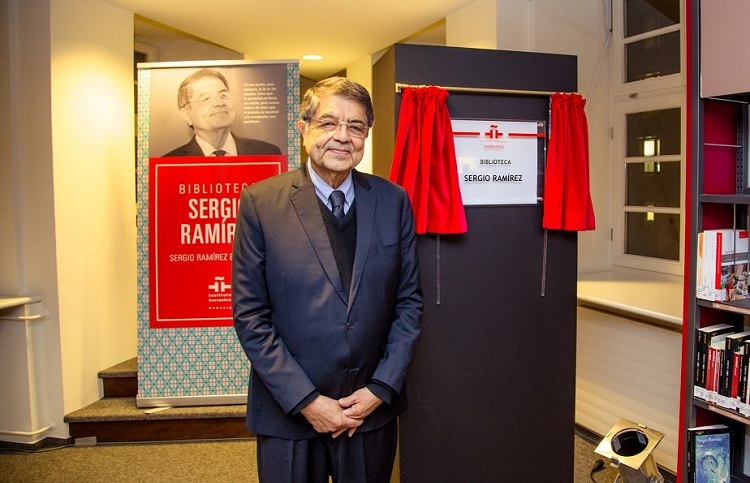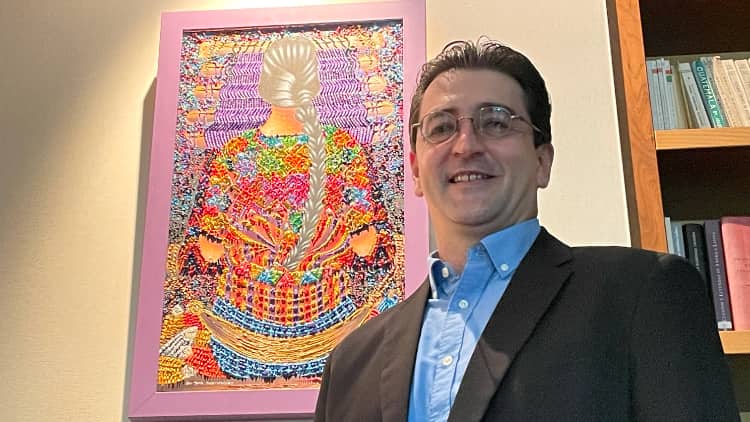The Diplomat
The Nicaraguan writer and former vice-president Sergio Ramírez is giving a series of lectures at the Instituto Cervantes since yesterday on “the mechanisms of fiction”.
According to the Instituto Cervantes, the three-day cycle, entitled La cocina literaria de Sergio Ramírez (The literary cuisine of Sergio Ramírez) ,began yesterday with the master class entitled Por qué contar (Why tell), in which Ramírez analyzed the origins of the creative process and will explain the key differences between the short story and the novel; it will continue today with the lecture Paisaje personal (Personal landscape), in which the 2017 Cervantes Prize winner will reflect on his particular way of understanding writing as a space for exploration; and will conclude tomorrow with the dissertation Por los caminos de la escritura (Through the paths of writing), in which Ramírez will discuss some of the distinctive traits that characterize writers. The master classes can be followed live on the Cervantes Institute’s Canal Directo 2.
Sergio Ramírez, born in Masatepe (Nicaragua) in 1942, became in 2017 the first Central American author to win the Cervantes Prize. His first steps in the literary world, in the 1960s, were through the short story and in 1970 he published his first novel Tiempo de fulgor (Time of brilliance). Since then, he has alternated these genres with essays and journalism.
On September 8, the Nicaraguan Public Prosecutor’s Office issued an arrest warrant for Sergio Ramírez – vice president of his country during the first Sandinista government (1979-1990) – for “carrying out acts that encourage and incite hatred and violence”, after harshly criticizing the regime of President Daniel Ortega during the wave of arrests of opponents and critical journalists. Following the arrest warrant, the Spanish Ministries of Foreign Affairs and Culture issued a joint statement to “forcefully” reject these accusations and recall that Ramírez “has always demonstrated his commitment to the defense of democracy in his country, first with his role in the fight against the Somoza regime and since then supporting freedom and democracy”.
In the middle of the same month, during the ceremony for the presentation of the Legacy of Rubén Darío in the Caja de las Letras of the Cervantes Institute -which was not attended by the Nicaraguan ambassador, Carlos Midence, despite his double condition of poet and specialist, precisely, in the work of Rubén Darío-, the Minister of Foreign Affairs, José Manuel Albares, expressly addressed Ramírez to assure him that, despite the “unfounded accusations, this will always be your country and your home twice over: because you are Spanish and because this is the home and the country of freedom and democracy”.







